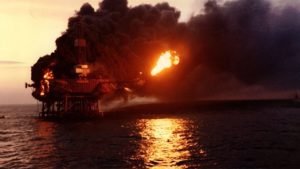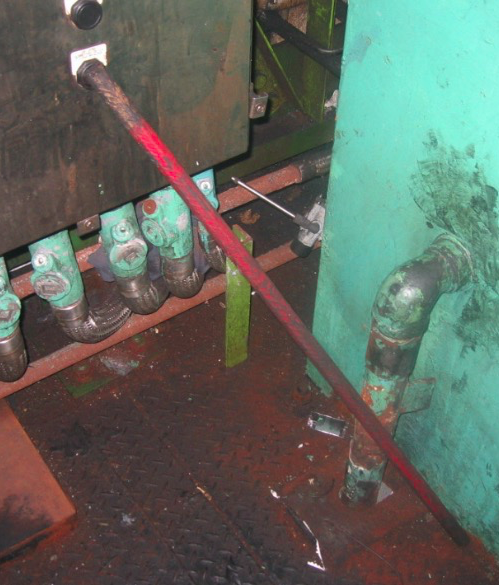In light of the recent refinery fires that have occurred, we thought it would be a good time to bring up safety in the refinery. Most recently, a fire broke out at the 60,000 barrel-per-day Numaligarh Refinery Limited (NRL) in Assam state. Thankfully no injuries or casualties were reported. A fire last month at Marathon Galveston Bay Refinery in Texas City resulted in the death of one person and a fire erupted at a Shell facility in Deer Park refinery earlier in May which sent nine workers to the hospital.
While the specific causes of the fires are still being investigated, we would like to shine a light on refinery safety in general. (As we used to say in our earlier days, “more production, less risk,” with an emphasis on the less risk part!)
Here is a round up of oldies but goodies from our treasure trove of safety articles, tips, and videos.
History is the Best Lesson in Safety

“They adopted a superficial attitude to the assessment of risk of major hazard…The safety policies and procedures were in place: the practice was deficient.” This article discusses the 30th anniversary of the Piper Alpha explosion, what went wrong, and the Cullen report.
DCU Safety Awareness
These articles on DCU Safety Awareness were written by people who work in the field. They focus on such topics as startup support, fire at the coker drums top, automated coke drum switching and safety interlocks, and much more. We can all learn from one another’s safe and unsafe experiences.
How Management of Change (MOC) Can Save Lives in the Refinery
Coking veteran Gary Pitman uses a sink faucet as an analogy for highlighting the risks in finding unsanctioned workarounds in the unit in this blog article.

Fire Extinguisher Awareness
“One of the things I can’t understand is how we’ve had major accidents happen and we haven’t learned from our mistakes.” In this article and video, Gary Pitman bring’s awareness to fire extinguishers. Fire extinguishers are hung, if you’ll notice, on a special rack up off the ground, off the grade, away from pockets of water. They’re usually inspected by a third party, the guards, or the safety department…







